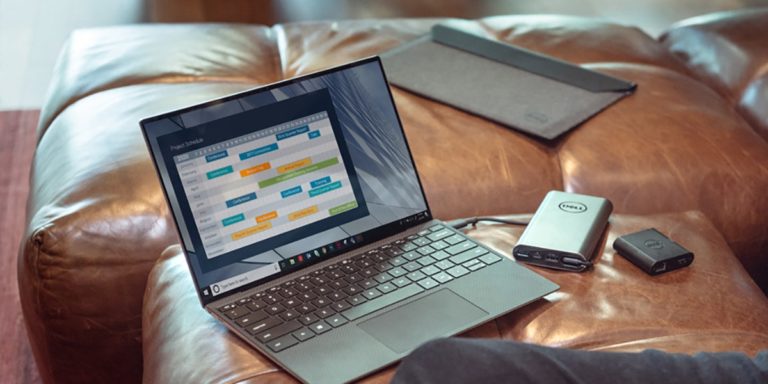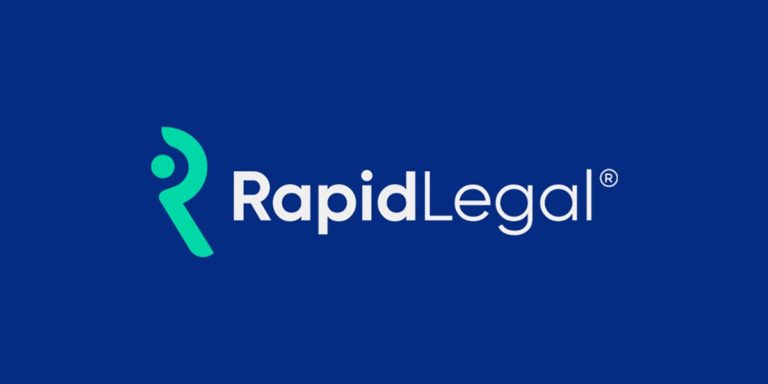Five Ways for Legal Professionals to Boost Productivity: Tip #5
Our fifth and final installment on how you can improve your productivity in the industrious law firm or legal department environment is
Five Ways for Legal Professionals to Boost Productivity: Tip #5 Read Post







